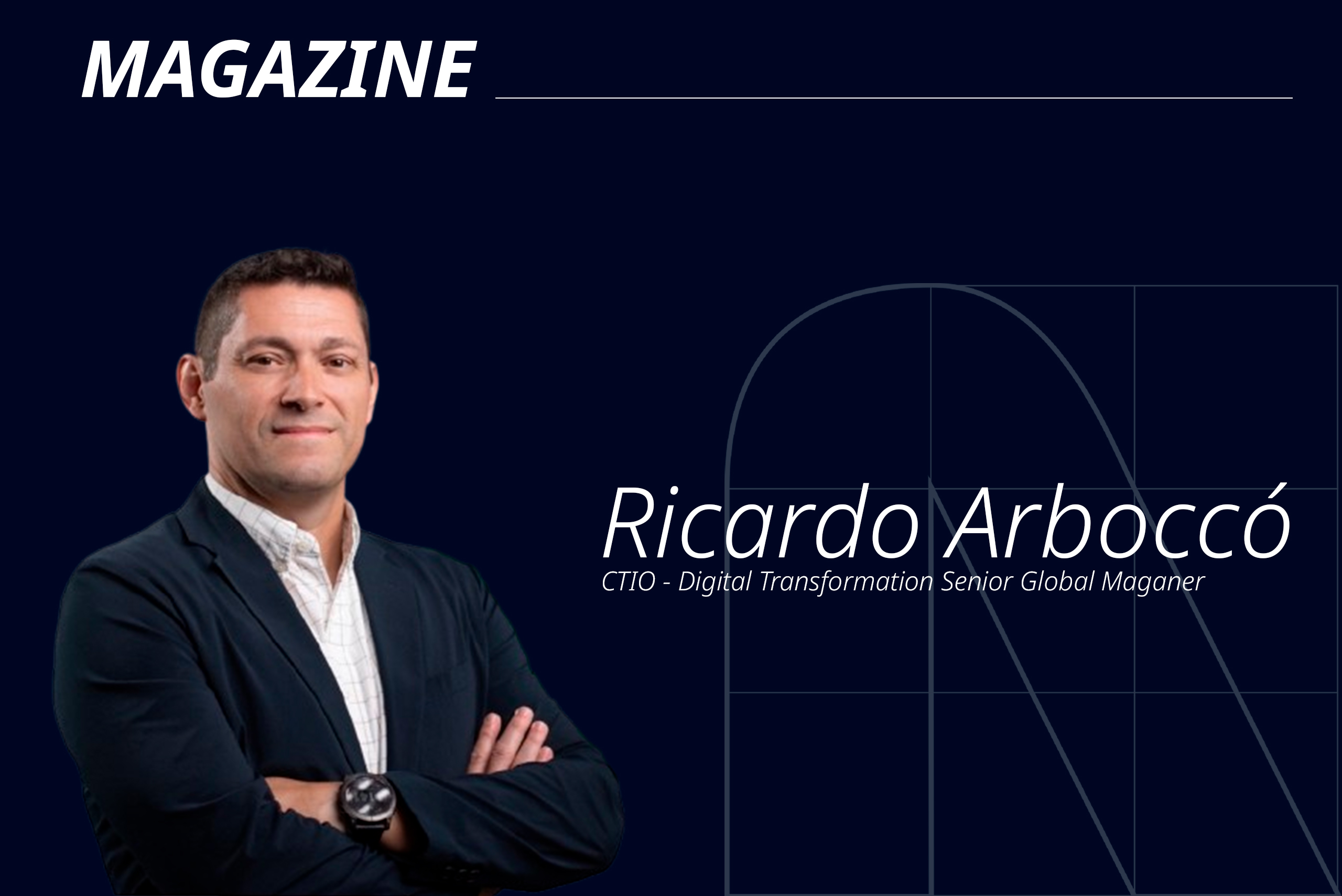
Artificial Intelligence (AI) has undoubtedly emerged as one of the most transformative technologies of recent times. In its rapid evolution, AI has begun to have a significant impact on the global economy, and its influence on the job market is undeniable.
In this article, we will explore how AI is shaping the future of work, its implications, and fears, and how companies and workers can prepare for this technological revolution.
AI is already impacting various sectors of the economy.
In manufacturing, virtual assistants and machine vision systems are optimizing production and quality control. In the healthcare sector, AI is improving medical diagnosis and patient care.
In finance, AI algorithms are revolutionizing asset management and fraud detection. Each of these examples demonstrates how AI is transforming the way we work in different industries, and how relevant it is to adapt to these innovative technologies.
Automation, the key factor
One of the most notable AI-driven developments is task automation, which has been a trend in industry for decades, but AI has taken this trend to a whole new level. AI-driven machines can perform tasks that previously required human intervention, from complex data analysis to customer service.
This process has the potential to improve efficiency and productivity across a wide range of industries, for instance, see how we at NTT DATA provide perspective through our experience in consumer products. As most of this is nowadays being praised, it also raises critical questions about the future of work.
The impact on jobs
One of the most common fears among critics of AI and workers is that automation will result in massive job losses. While it is true that some routine tasks could eventually be automated, AI also creates new job opportunities.
As mentioned in an “The Enterprisers Project” article, “companies need skilled professionals to develop, implement and maintain AI systems.” A clear example of this is the current need for companies to have professionals who know how to work with, for instance, generative AI platforms, such as ChatGPT; both on the technical side (connecting to APIs, app development) and on the more specific side (prompts engineering).
To thrive in an AI-driven workplace, constant skills development is essential. Workers must be willing to learn new skills that adapt to the changing demands of the labor market.
Continuous training and education will be crucial to stay relevant in an ever-changing work environment. As a company that is always embracing change, this is something that we at NTT DATA take very seriously, having a focus on constant training for our collaborators on AI topics, its use, and its applications in projects where it can be an excellent ally when it comes to automating functions.
AI in the workplace, a critical perspective
The impact of AI in the workplace seems to be a topic that only brings benefits, but it also raises some concerns for workers: “will a machine take my job?” “will they replace what I do with the use of some artificial intelligence?” are just some of the questions that arise.
It is important to consider this slightly more negative perspective, to dispel doubts about the role that AI can play in the work environment.
As stated in the article “Artificial Intelligence in the Workplace: What is at Stake for Workers?”: “workers should be trained to understand the role and function of workplace bots and to know what their contributions are.”
Remarking that it is pivotal to clearly define the roles and functions that AI will have and reassuring the collaborators that they will not be replaced.
The same article poses and interesting question regarding the topic, and invites to think beyond: “rather than talking about how to implement AI without the risk of death, business collapse, or legal battles, it would make sense to rewind the discussions and focus on the question: will the introduction of AI into various institutions and workplaces lead to prosperous, thriving societies?”
AI is transforming the future of work in ways that are both exciting and challenging. While there are concerns that mass automation could lead to job losses, there are also significant opportunities for economic growth and improved quality of life.
Workers and companies that strategically embrace AI by investing in continuous training and adjusting to an ever-changing world of work will be better positioned to thrive in this new era of technology. AI is not only a powerful tool, but also an opportunity for innovation and progress in the workplace.
We invite you to see how NTT DATA is embracing and adapting to this revolution through our potent conversational AI platform “eva”.












